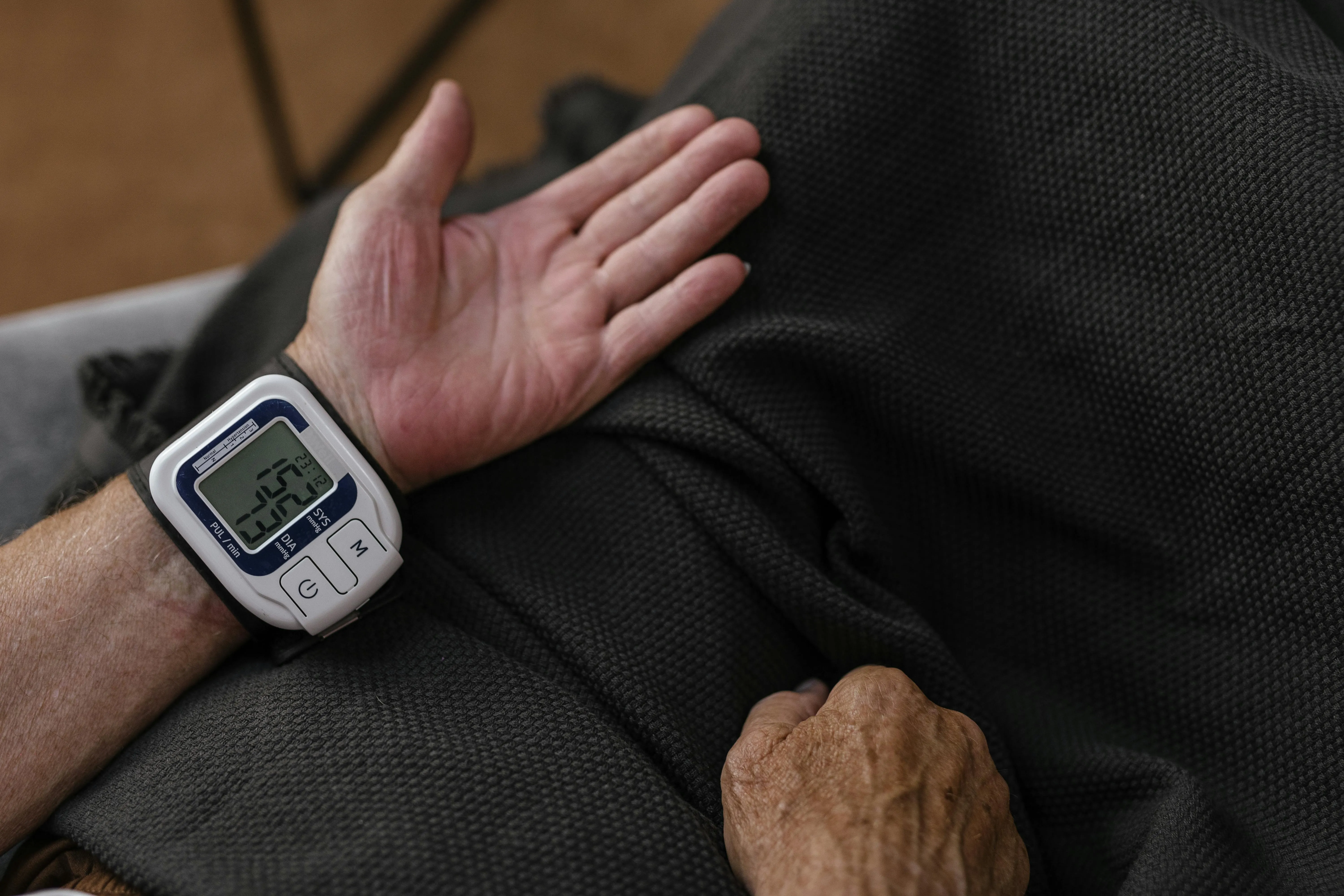
What to Expect During Your First Home Care Visit
The first day with a new caregiver usually brings a swirl of relief, curiosity, and nerves. Families often ask us, “What exactly will happen when someone steps through the door?” Understanding each stage of the visit removes the guesswork and helps you advocate for your loved one with confidence.
A Day or Two Before: Confirm the Details
An agency coordinator typically calls 24–48 hours ahead. Use this conversation to do more than confirm the time. Ask for the caregiver’s full name, a brief summary of their experience, and whether they need gate codes or parking instructions. Share health updates—perhaps Mom’s appetite has dipped or Dad is sleeping more during the day—so the caregiver arrives prepared.
Gather the essentials in one place: medication lists, doctor orders, insurance cards, emergency contacts, and any daily checklists you currently use. Many families also jot down a “need-to-know” sheet covering favorite snacks, mobility concerns, or how your loved one prefers to be addressed. These small touches quickly build rapport.
When the Caregiver Arrives
Expect a professional introduction and an identification badge. The opening minutes set the tone. Invite the caregiver to sit down so everyone can review the care plan together. Walk through the home, pointing out high-traffic areas, medication storage, or equipment such as grab bars and walkers.
Encourage questions. A seasoned caregiver may spot trip hazards you have overlooked or suggest an easier transfer technique. Remember to discuss personal preferences: what music Dad enjoys during exercises, the temperature your loved one likes for baths, or topics that spark good conversation.
What Happens During the Visit
The schedule follows the care plan, yet flexibility helps. Here is what typically unfolds:
- Personal care and mobility support. Bathing, grooming, dressing, safe transfers, or short supervised walks.
- Health-related tasks. Medication reminders, vital sign checks, or range-of-motion exercises prescribed by a therapist.
- Household help. Meal prep, tidying commonly used rooms, laundry, or organizing medications for the next day.
- Companionship. Reading aloud, puzzles, reminiscing with photo albums, or calling a grandchild—activities that keep spirits high.
If something falls outside the agreed plan—perhaps a new wound appears or pain levels spike—the caregiver should pause, alert the agency supervisor, and wait for guidance. This protects your loved one and keeps services within licensing guidelines.
Communication You Should Expect
Professional caregivers document each visit. Ask how you can access their notes. Some agencies use secure family portals; others leave written reports in the home. Review the documentation the same day when possible. Look for comments about mood, appetite, mobility, or any recommendations. Quick follow-up keeps small issues from growing.
Keep your phone available during the first shift. Many caregivers appreciate a quick text response if they need clarification about, say, the correct walker or where to find extra linens.
Wrapping Up the First Appointment
Before leaving, the caregiver should provide a brief verbal recap: tasks completed, supplies running low, or topics for the next visit. Confirm when they will return and who to contact if the schedule changes. Take five minutes to share feedback while the experience is fresh. Praise helps reinforce what went well; constructive guidance empowers the caregiver to make adjustments immediately.
A Few Ways to Smooth the Transition
- Keep a small communication notebook near the entryway for family, nurses, and aides to share observations.
- Schedule a follow-up call with the agency after the first week to review how things are going.
- Notice your loved one’s body language after the visit—do they seem relaxed, anxious, energized? Their reaction offers valuable clues about fit.
When the first visit is handled thoughtfully, it sets the stage for a relationship built on trust. Open dialogue, clear expectations, and a willingness to tweak the plan ensure your loved one receives care that feels personal, respectful, and comforting in the place they call home.
CONSULTATION
Schedule Your Appointment Today
Schedule your consultation today and let us help you or your loved ones receive the best home care services. Our team is ready to listen, understand your needs, and create a care plan that ensures comfort, safety, and well-being.
Contact Information
- +1 (747) 241-8294
- +1 (279) 356-1595
- houseofhealthca@yahoo.com
